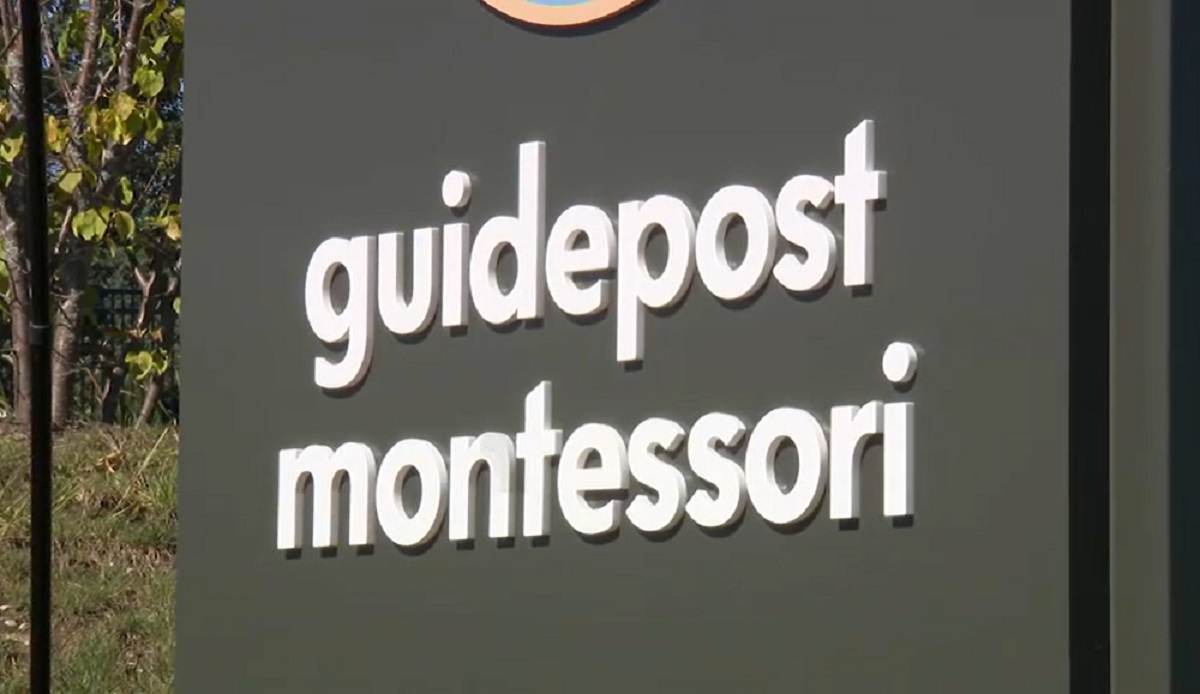The NOAA’s Climate Prediction Center released its winter weather projections for the Chicago area, with La Niña expected to impact conditions in the Great Lakes this season.
Those projections are calling for wetter-than-normal conditions in the Chicago area, painting an interesting picture of how things could unfold in the city and surrounding suburbs.
A La Niña pattern, much like an El Niño, can have far-reaching consequences for weather patterns, though experts caution that the former is harder to predict.
What is a La Niña event?
A La Niña pattern emerges when trade winds shift, blowing warmer waters toward Asia. This then allows colder water to rise to the surface, which then pushes the Polar Jetstream further north, funneling storm systems toward the Chicago area.
What typically happens during winters where La Niña is present?
According to the University of Illinois, winters during La Niña patterns tend to be warmer and wetter than average, with more frequent snow and winter storms.
Local
The university does caution that there are typically fewer strong La Niña patterns, which makes forecasting their impacts more difficult.
What is this year’s forecast from the Climate Prediction Center?
Feeling out of the loop? We'll catch you up on the Chicago news you need to know. Sign up for the weekly Chicago Catch-Up newsletter.
This winter’s projections are calling for wetter-than-normal conditions in the Great Lakes, with above-average temperatures and drier conditions expected in the southern United States.
This would fit the typical progression of a La Niña pattern, as explained by the University of Illinois.
The big question revolves around projected temperatures, with the NOAA saying there are “equal chances” of above or below-normal temperatures during meteorological winter.
That will play a significant role in whether the Chicago area sees predominantly rain or snow during the winter months, with the CPC saying they typically stay away from forecasting snowfall due to the unpredictable nature of snowstorms in the area.



